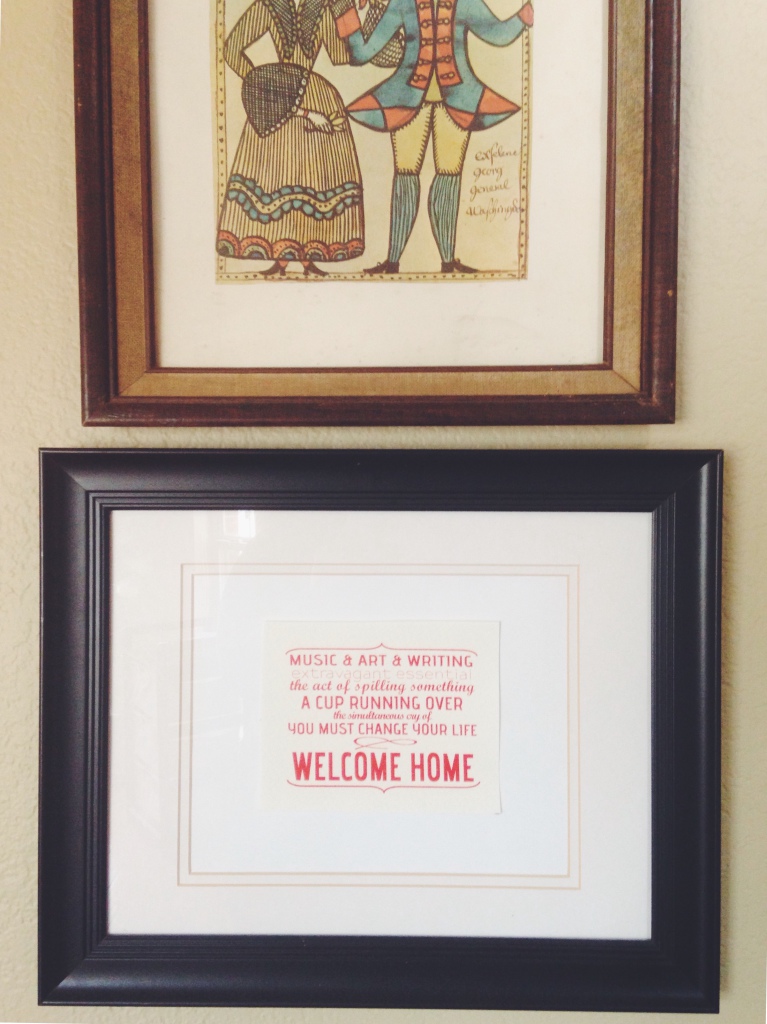Pot, Meet Kettle
My first blog was on a Live Journal domain (remember those?). I took its name from a Burlap to Cashmere song that, to this day, I still don't really understand the full meaning behind. I just knew I loved the three words strung together. The year was 2000 and my family was turned upside down in about a year. You name it, we experienced it in that year. I didn't know where to turn, or to whom, and so I turned to anonymity. I became a blogger.
In 2000 a blogger was either Jason Kottke, posting links to interesting content on the rising web, or it was an angsty teenager ranting about life. I wrote voraciously. Sometimes three posts a day. I didn't care who read, or if anyone did, but I began to find a community of other bloggers. There was this brotherhood among us of sorts, people from all over the United States who stumbled on words not their own but which could be. I don't have other words for it but divine. It was divine in the sense that it was almost otherworldly at that point. There were no dating sites, chat rooms were still a little strange, actually meeting someone in real life was rare and coated with suspicion. But it was also divine in the sense that it was a timely gift from God.
I spent years working out my salvation on the pages of the internet. By the time Sayable was birthed in 2008, I was one of the seasoned bloggers. My readership was still small by comparison, but in the annals of history, I was nearing mid-life at least. Every thought I've had about God has somehow been worked out on Sayable, or its younger siblings.
Writing is sanctification, if you'll let it be.
This morning I opened my feed reader and read, as I do every morning. I find more and more often, I am just skimming. I open the posts with catchy titles or intriguing photos, so I am guilty of that which I complain of, I know. But I am so weary of the noise of blogging: the effort to churn out content instead of cherish the conviction.
One of my favorite quotes is by Lindford Detweiler, and I'll never forget it. I love it so much that I screen printed it and it is the welcoming art as you walk into our home:
Music and art and writing: extravagant, essential, the act of spilling something, a cup running over...The simultaneous cry of 'you must change your life, and welcome home.' I've been trying to write songs again, and I've been hitting a maze of dead ends. I want the songs to reveal something to me, teach me something. It's slow going. I'm not sure where I'm going. Uncertainty abounds. But the writing works on me little by little and begins to change me. That's why I would recommend not putting off writing if it's something you feel called to: if you put it off, then the writing can't do the work that it needs to do to you. Yes, I think there's something there. If you don't do the work, the work can't change you. (No one expects to change overnight.)
I'm weeping even now, as I read over that quote again by one of the finest lyricists I know. Here is a man who lets the writing do the work in himself. And I want that, friend and fellow writer, I want that for us. No matter what work it is that we put our hands to, I want it to do the deep work in us. The hard work, the cleansing work, the sanctifying work.
Blogging is hard work, I would never tell anyone otherwise, don't make it easy by simply building a platform or gaining readers. That is not the point of blogging, and it is not the point of writing. We write to do the work in us, and God willing, in others. The publishers will use those big words about marketing and growth, but at the end of the day, those things will steal the soul of the writing you need to do.
Writing is sanctification and writing is God's blessed gift to only a few of us. If you are a writer, don't sell that sanctification for a contract or a deal. Turn your palms up, slow your mind, and do the upside-down work of the kingdom: your name always decreasing, ever increasing His.


